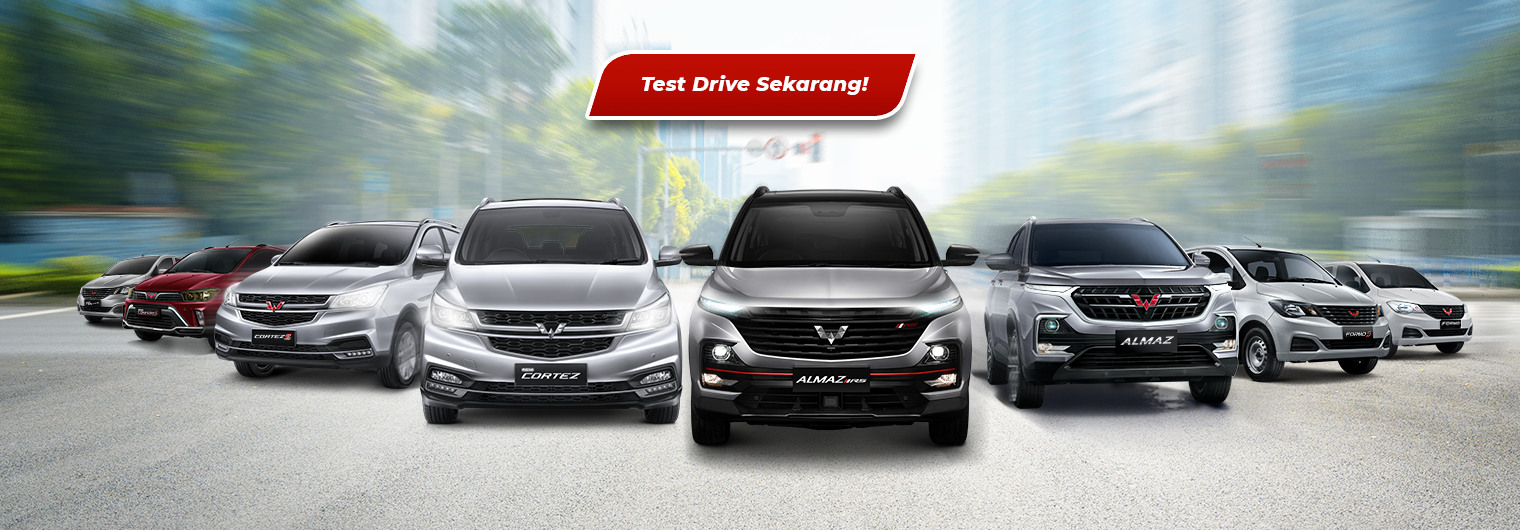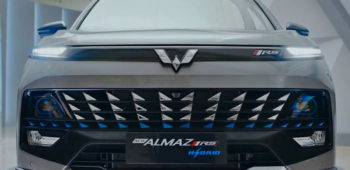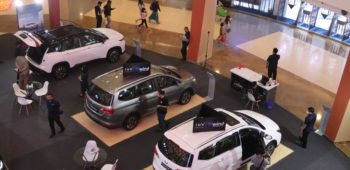Car Starter System: How It Works, Components, and Functions
11 July, 2023
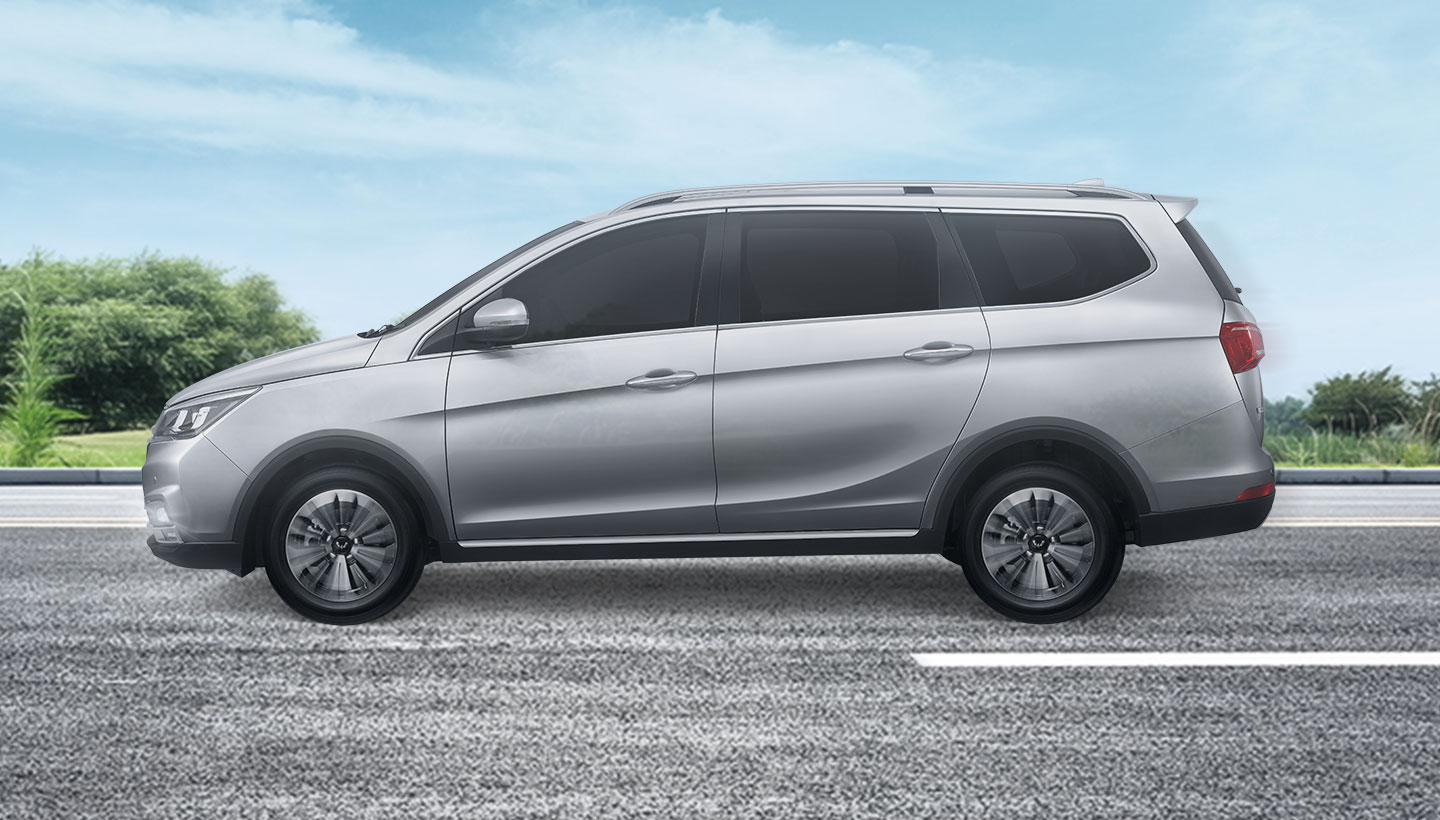
The starter system is a system that makes it easy for car users to start the vehicle engine. This system has an important role because it determines whether the vehicle engine can be turned on or not, so it must be ensured that it can function properly.
Although it looks simple, starting a vehicle engine has a fairly complicated process. The starter system on a car also has very complex components and a fairly long way of working.
To learn more about a car starter system, its functions, components, and how it works, see the full review below!
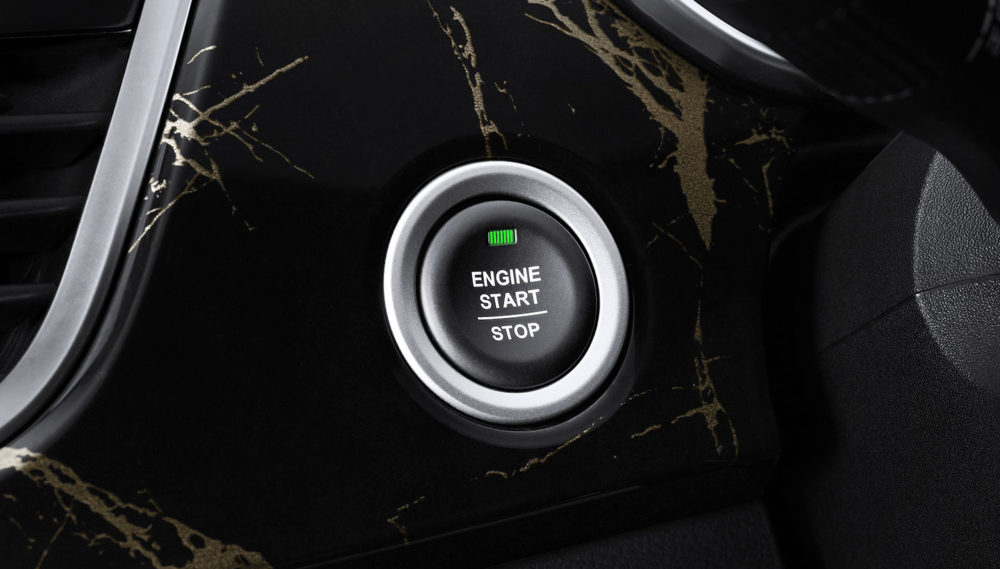
Understanding the Starter System
The starter system is an electrical circuit that is useful for starting or starting the vehicle engine. This system can convert electrical energy from the battery into mechanical energy. Furthermore, this mechanical energy will be used to rotate the engine so that the vehicle engine can run.
The mechanical energy generated from the starter system will be used to turn the flywheel the first time the engine is started. So it can be interpreted that this starter system is the initial mover so that the engine can go through the combustion process.
When the flywheel rotates, the piston will go up and down to carry out the engine work steps starting from the suction, compression, and effort to exhaust. When the engine work process is successfully carried out, the engine will repeat the cycle without relying on assistance from the starter system again.
The starter system on the vehicle is generally divided into three types, namely:
-
Mechanical Starter
Mechanical starters are the most widely used starter system in vehicles today. This type of starter is usually driven by human power, such as a kick starter on a motorcycle and a slinger on a diesel engine.
-
Electric Starter
The electric starter system works by converting electric current energy so that it can be used to run the vehicle engine. This type of starter is widely used on motorcycles and cars because it allows the vehicle engine to start and run easily.
-
Pneumatic Starters
This type of car starter system converts air with high pressure into a source of power or propulsion. Usually, this pneumatic starter is applied to ships with a large enough engine.
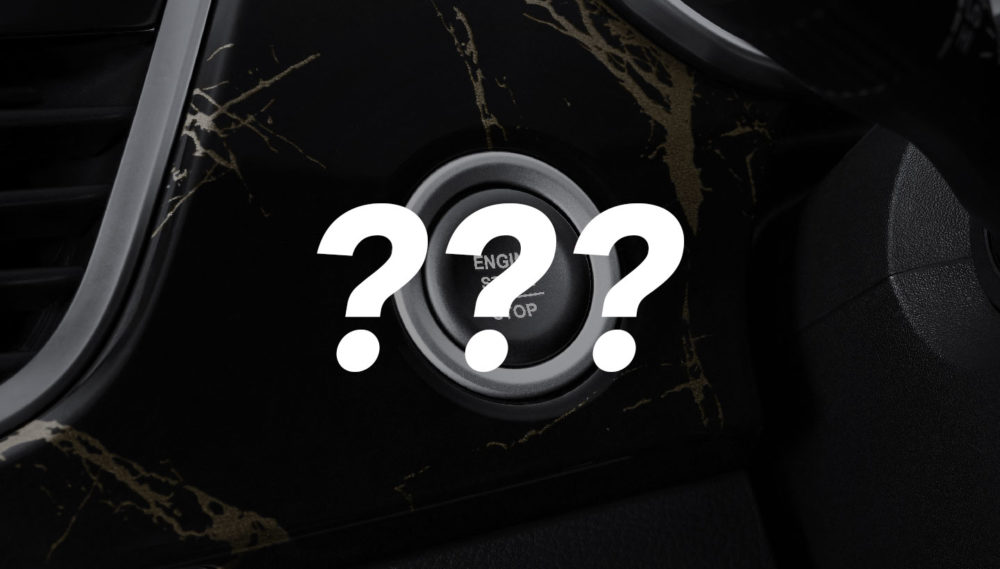
Starter System Function
In general, the function of the starter system on the car is to start the engine rotation on the vehicle. More simply, this starter system acts to start the engine on the vehicle when it is first turned on.
To perform this function, the performance of the various components of the starter system is required. You need to know that even though it looks simple, the car starter system has complex components, with the function of each component being very vital. To move the components in this system required electrical energy sourced from the battery.
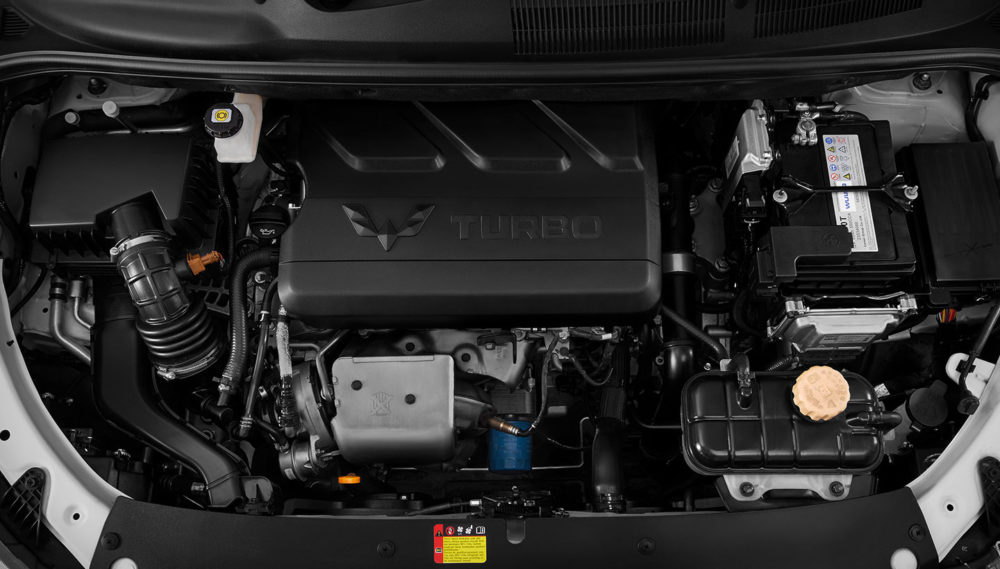
Car Starter System Components
Various components play a vital role in carrying out the starter system’s function in starting the vehicle engine. Here are some of the main components in a car starter system that you need to know:
- Battery or Accu
The car or car battery is the main component of the car’s starter system. This component serves as a provider or source of electric current to be distributed to all components of the car’s starter system. The electric current from this battery will then be converted into rotary power by the vehicle starter to spin the engine.
- Starter Switch
The switch is a component that supplies the electric current to all components of the starter system. This component is usually located outside the system and where the key enters when you want to start the vehicle engine. This starter switch will deliver large amounts of electric current to the armature, which is useful for turning the vehicle’s engine.
-
Fuse or Fuse
Fuse or fuse serves to secure the electrical circuit in the starter system. This component limits the current that is allowed to flow in the cable, so the risk of heat and fire can be avoided. While the relay functions for switching between the ignition switch and the starter motor so that it is safer and more durable
-
Starter Motor
The starter motor is a component in the vehicle’s starter system that changes the electric power streamed into a turning moment on the engine. This starter motor component works by turning the gears on the flywheel, which makes the engine compress, and turn on then the car can move.
-
Ignition Switch
An ignition switch or ignition is a component that connects or disconnects current and voltage from the battery to the motor starter. In older cars, the ignition switch is a mandatory component of the starter system. However, this component no longer plays a direct role in the starter system for the latest cars because of the start/stop button feature.
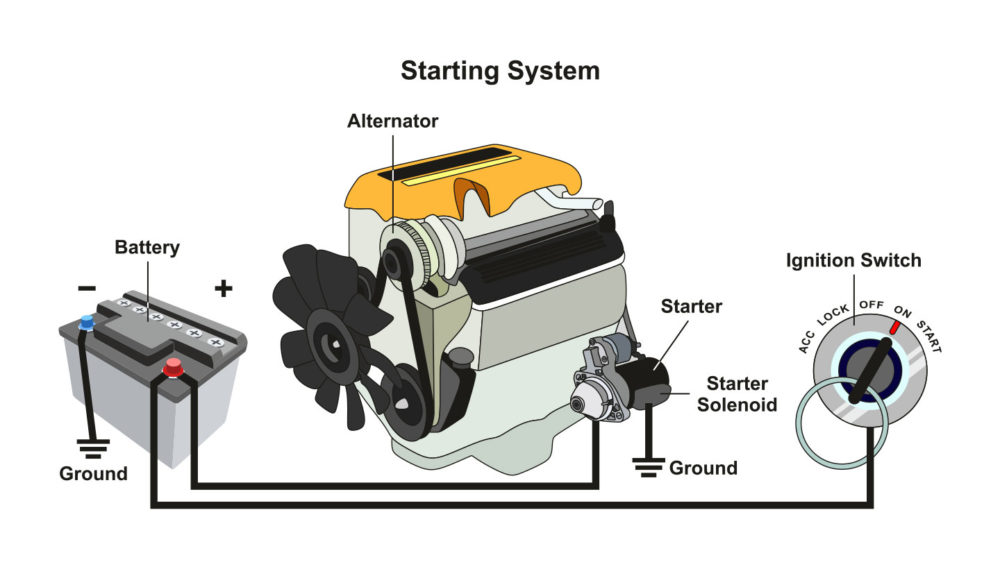
Parts of Starter System
Before discussing how the starter system works on a car, don’t forget to know the part in the starter system. The vehicle’s starter system circuit is assembled in several ways, namely using a relay or without a relay.
1. Starter System without Relay
When the key is turned in the start position, electric current will flow from the battery through the fuse and ignition to go to terminal 50 of the starter motor solenoid. Then the solenoid will activate and connect terminal 30 on the starter motor with the armature coil, which causes current from the battery to flow into the coil so that the armature can rotate quickly.
2. Starter System with Relay
When the key is turned in the start position, the current will flow from the battery to the fuse through the contacts to terminal 85 of the relay, which then exits through terminal 86 to the mass. In this condition, the magnetic coil on the relay has been electrified to cause magnetism, which will attract the relay point contacts and make terminals 30 and 87 of the relay connected.
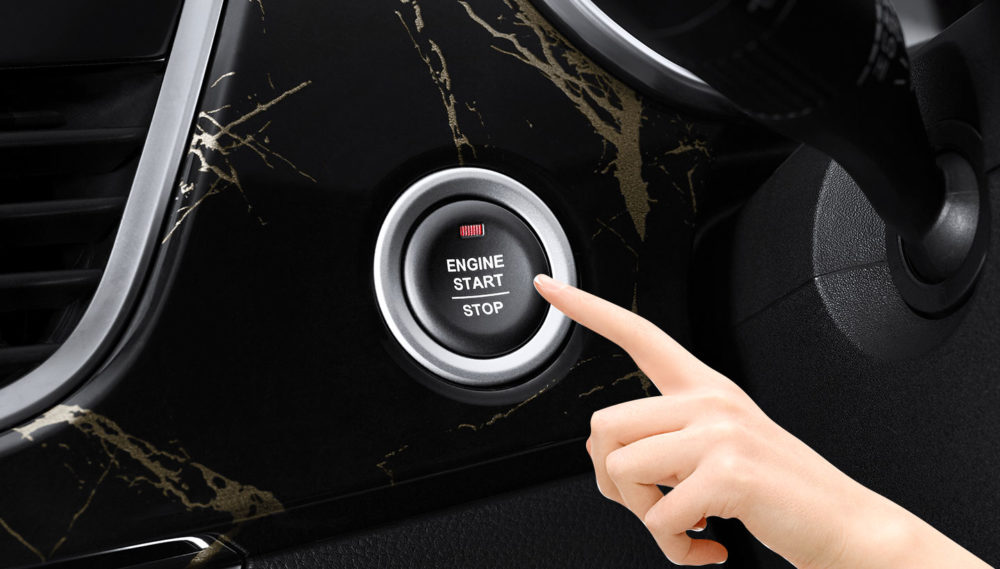
How the Car Starter System Works
Although it looks simple, the workings of this car starter system require a fairly complicated process. Starting when the starter switch is in the ON position, electric current from the battery will flow through the hold-in coil to the mass. Electric current will also flow through the pull-in coil to go to the field coil, which will then be forwarded to the mass through the armature.
In this component, the electric current will be converted into mechanical energy, which will then produce rotation in the coil of the starter system. This coil will then produce a magnetic field that can move the winding of the cable in it, which causes the creation of enormous mechanical energy.
The next process is to channel mechanical energy to the pinion gear, which aims to activate the drive lever. This lever will push the ring gear to activate the dynamo that causes pressure on the pinion gear associated with the flywheel so the car engine can start.
The starter system is one of the important systems to make it easier to operate the vehicle. Although it looks simple, this system has complex components with vital functions. Therefore, you must ensure that all components of the car’s starter system are in good condition so the engine car can start easily.
